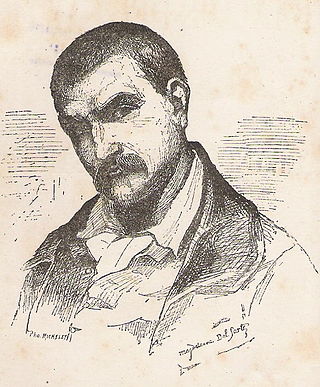Top Qs
Timeline
Chat
Perspective
Theatre studies
From Wikipedia, the free encyclopedia
Remove ads
Theatre studies (sometimes referred to as theatrology or dramatics) is the study of theatrical performance in relation to its literary, physical, psychological, sociological, and historical contexts. It is an interdisciplinary field which also encompasses the study of theatrical aesthetics and semiotics.[1] A late-20th-century development in the area has been the ethnographic theory of theatre, pioneered by the Russian scholar Larisa Ivleva who studied the influence of folk culture on the development of Russian theatre.[2][3]
Remove ads
List of theatrologists

Because of the interdisciplinary nature of the field, those who have been described as theatrologists can vary widely in terms of the primary focus of their activities.
- Emil František Burian – writer, singer, actor, musician, composer, playwright and director[4]
- Jovan Ćirilov – philosopher, dramaturge, and writer
- François Delsarte – teacher of acting and singing[5]
- Joseph Gregor – theatre historian and opera librettist
- John Heilpern – theatre critic and essayist[6]
- Antoine Vitez – actor, director, and poet[7]
Remove ads
College
In the United States, there are 273 universities that offer degrees and courses in Theatre and Drama Studies. These programs give students a well-rounded education in different areas of theatre, such as acting, directing, and stage design. Students get the opportunity to practice their skills through hands-on training, take part in performances, and work together with classmates and teachers. This environment not only helps them improve their artistic abilities but also prepares them for a variety of careers in the performing arts and entertainment fields.
Remove ads
See also
References
External links
Wikiwand - on
Seamless Wikipedia browsing. On steroids.
Remove ads